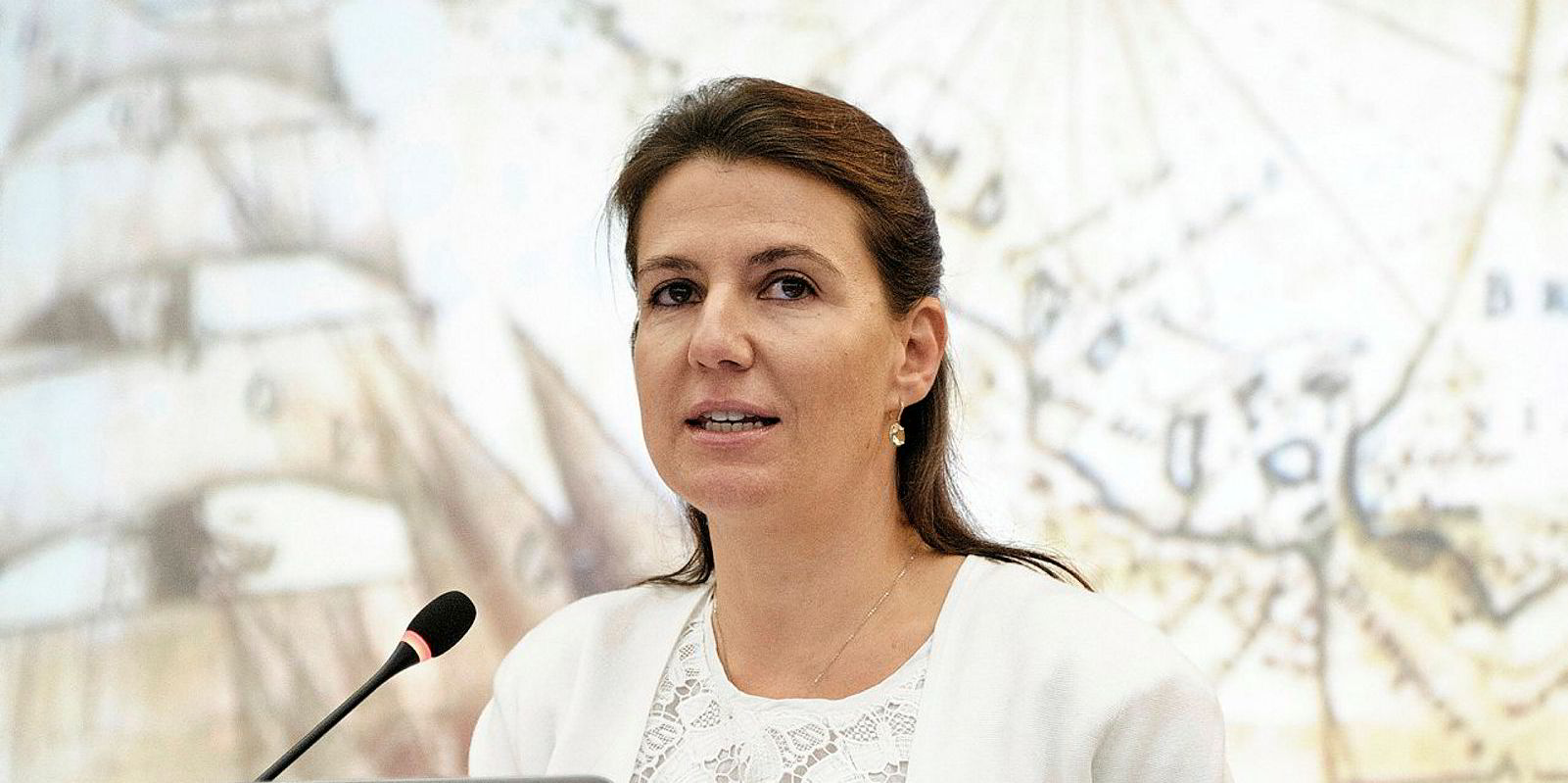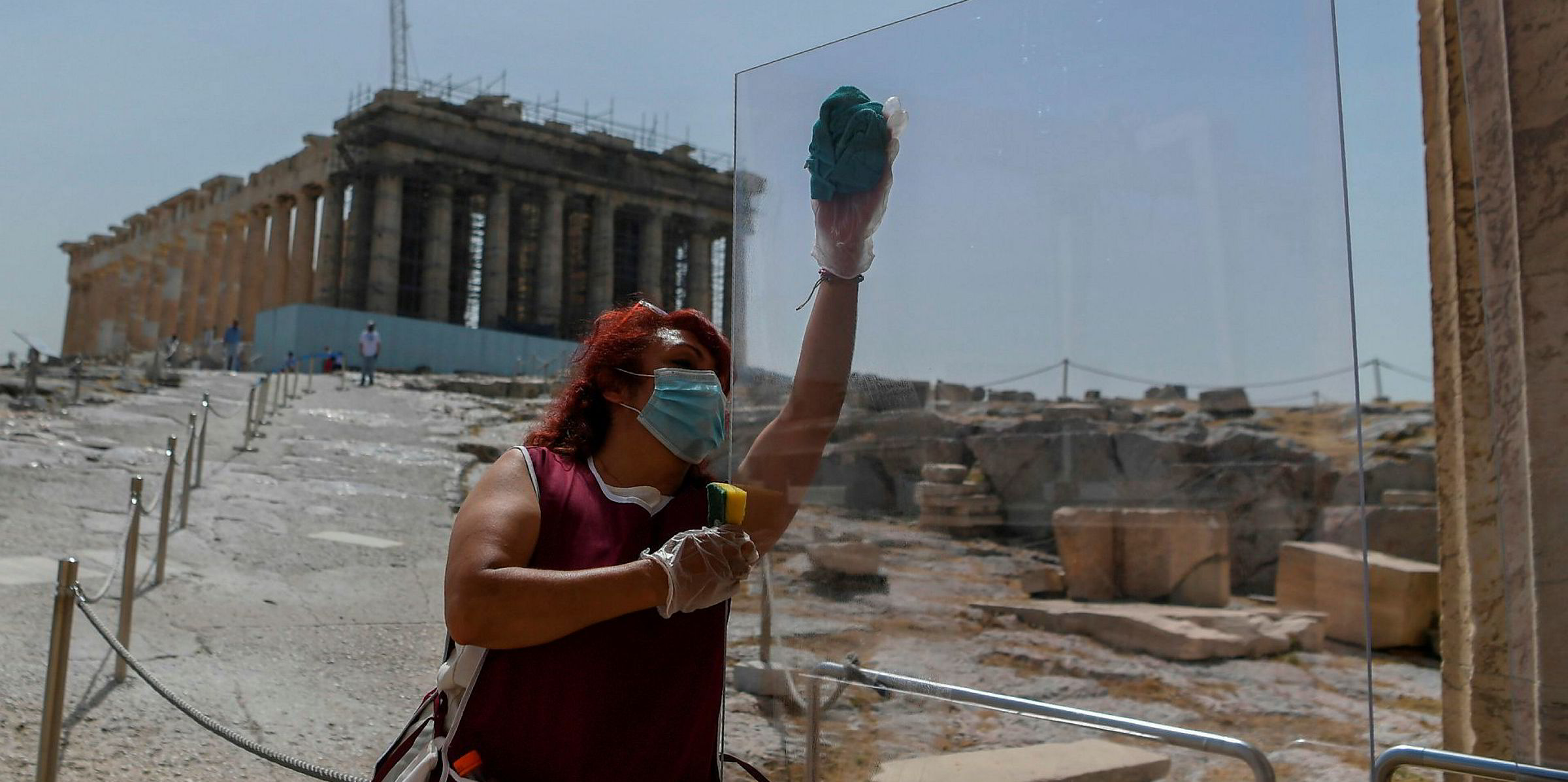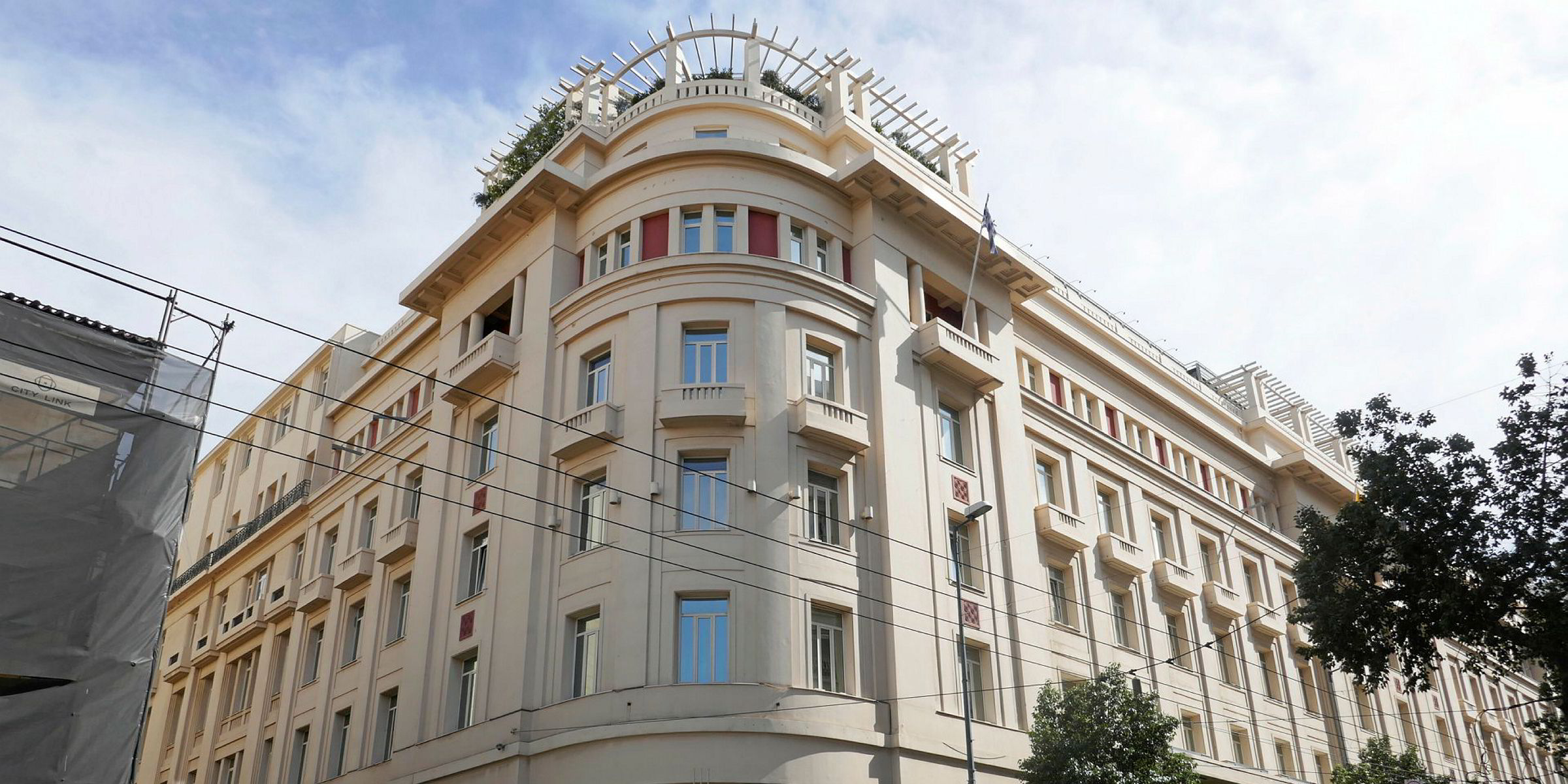When Greeks look at how they have coped with the coronavirus pandemic to date, they like what they see.
The death toll from Covid-19 reached 165 as of 19 May — a remarkably low number for a nation of 10 million people with an open, globally connected economy.

The government acted swiftly to implement confinement measures and the public observed them faithfully.
When the London Underground trains were still full of people in early March, Greece was already entering a lockdown that kicked in fully on 22 March and lasted until 4 May.
Hidden strengths
Greeks — often portrayed as an unruly bunch that are notoriously difficult to govern — saw the pandemic bring out virtues that they did not even know they had.
They were particularly surprised to see their handling of the crisis outperform the US, the UK and even Germany — societies that Greeks are traditionally conditioned from childhood to emulate as superior to their own.
“This crisis has demonstrated that we can be very law-abiding and follow regulations,” Sea Traders chief executive and shipowner Ioanna Procopiou said earlier this month.
“It was a completely different image than the rest of the world has for Greece,” she added, speaking on a panel at the Delphi Economic Forum — an annual international jamboree that moved some of its events online due to coronavirus.
Greek shipping in particular has been “very versatile and well able to cope,” said Christos Mangos, chief executive of Interunity Management Corp, another shipping company on that same panel.
“S&P transactions, for instance, predominantly involved Greek shipowners somewhere down the chain over the last few months,” Mangos said. “It’s a real testament to how organised and nimble we were, and how we persevered to get through this.”
There is perhaps no better symbol for the doggedness the industry has been displaying than Simeon Palios. News spread like wildfire when his company — Diana Shipping — announced on 24 March that the shipowner had contracted Covid-19 and was hospitalised in an intensive care unit in Athens.
Covid opened a number of doors, which I believe will never be shut again. Even Greek shipping has now recognised that technology has been holding economies together.
Christos Mangos, Interunity Management Corp
Bouncing back
Two months later, the feisty 79-year-old owner was convalescing and his daughter, Semiramis — who was appointed acting chief executive in his absence — passed on his greetings in an earnings call with analysts.
“He asked me to tell you he is looking forward to join us in future calls,” Semiramis said.
Another owner who contracted the disease but recovered fully without ever having had to be treated in hospital was Capital Maritime & Trading founder Evangelos Marinakis.
On his recovery, Marinakis was one of several owners who donated money to help Greece’s underfinanced public health system cope. Alongside peer Angeliki Frangou, he spent more than €1.5m ($1.6m) to buy and install intensive care facilities at a hospital in the blue-collar district of Nicaea, near Piraeus.
Covid-19 made landfall in Greece on 26 February, when the first case was detected in the northern port of Thessaloniki. It hit close to home for the shipping community, arguably the country’s most internationally connected professional class.
One of the first victims, who has since recovered, was the wife of a senior shipping executive of Kyklades Maritime.
Athens College, a prestigious private high school where many owners send their children, was among the first educational institution to suspend classes after parents tested positive.
The vast majority of Greek shipping companies reacted quickly and thoroughly. Some outfits split staff into rotating groups and carried out mock evacuations.
Visitors were asked at the entrance which countries they recently visited and were politely presented with a plastic bottle of hand sanitiser.
By the end of March, most business was being conducted remotely.
New normal
As the lockdown gradually wound down in May, offices slowly reopened, often in rotation of small groups.
“It went surprisingly well, better than I ever expected it would,” one senior executive told TradeWinds.
Many believe the experience will have lasting effects on Greek shipping offices, which have a reputation for being rather stodgy when it comes to changing their time-honoured ways.
“Covid opened a number of doors, which I believe will never be shut again,” said Mangos. “Even Greek shipping has now recognised that technology has been holding economies together… and it’s beginning to embrace more and more its importance,” he added.






